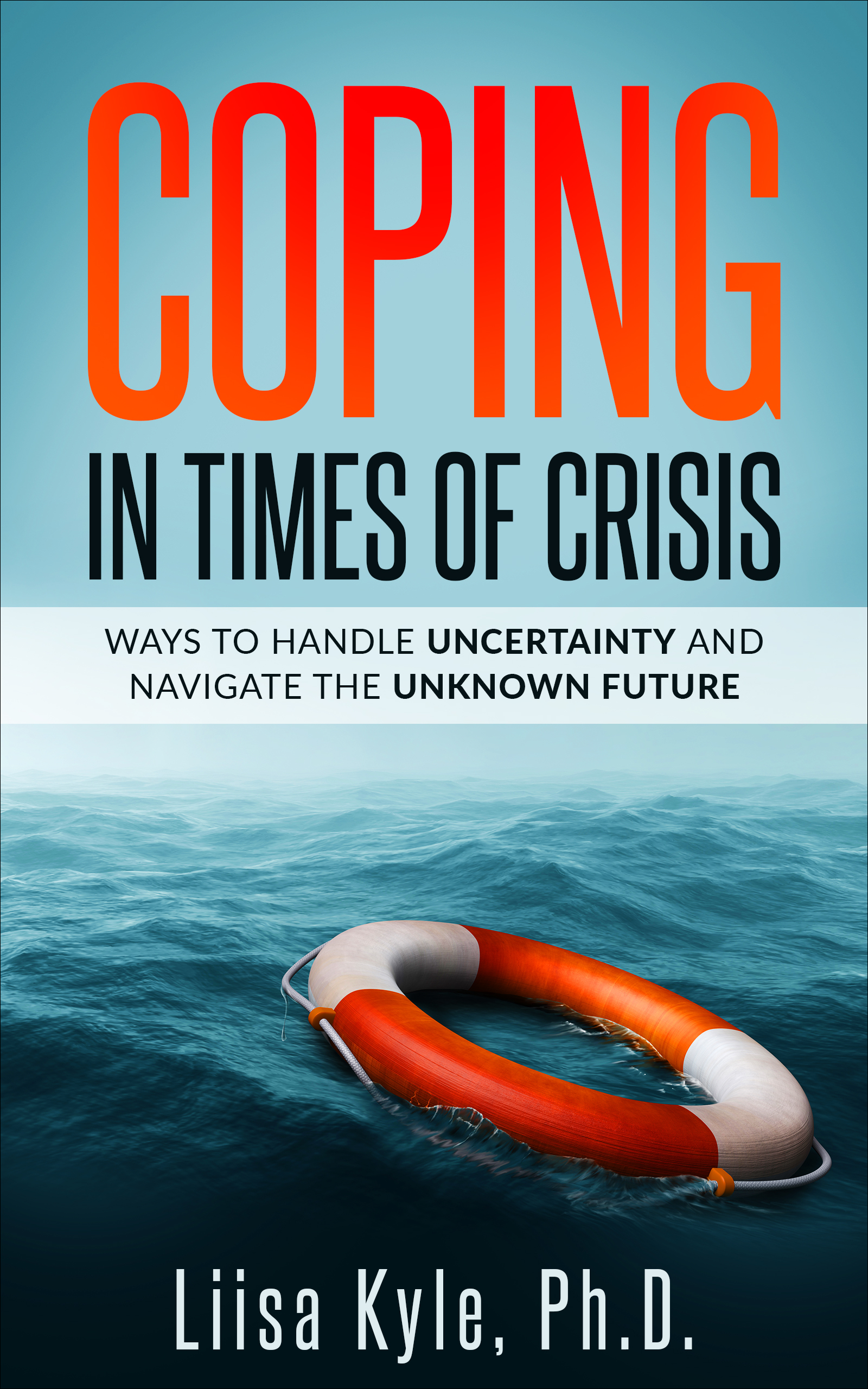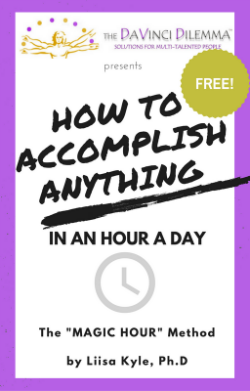Can you explain the meaning of the word BLUE ? Duh. Everyone knows what blue means. We’re talking the color, right? Well, OK, do you mean cobalt, slate, midnight, ultramarine, royal, baby, turquoise? Or it could mean a mood. Bummed out, maybe even depressed if it goes on too long. Or, you could be referring to the music. No? Then maybe you mean you’re describing Amy Schumer’s language in her latest standup routine.
The point is, everything means something to you. It’s just that it could mean any number of other things, if you let it. The meaning we assign to things and events is more than anything a choice. Like Shakespeare said, “There is nothing either good nor bad but thinking makes it so.”
I attended a seminar where screenwriter Susannah Grant (In Her Shoes, Pocahontas, LOTS of other hit movies) was describing her process during a Q&A. I asked her what she did when she was in the middle of a script and it just wasn’t working. She smiled in recognition and answered, “I had to learn that there’s a long way between thinking, ‘I suck’ and thinking, ‘this isn’t perfect yet.’ ”
In his book Learned Optimism, Dr. Martin Seligman describes an “explanatory style” we each have; that is, how we explain negative events to ourselves. He studied insurance salespeople making cold calls. The ones who had done best on their entrance assessment were often the worst performers, whereas some who barely made the cut outsold the smarties by a mile. Seligman discovered that the ones with a negative explanatory style reacted to the inevitable irritated prospects who hung up on them with thoughts that were permanent (“I’ll never make a sale”), pervasive (“I can’t do anything right, my whole life’s a mess”) and personal (“It’s me. I’m a lousy salesperson”), while the optimists had the opposite thoughts. “I’m one call closer to the next sale,” “At least everything else is going great” “It’s not about me, they just didn’t want any insurance.” With those beliefs and the feelings they induced, the optimistic ones were exponentially more likely to pick up the phone and keep on trying than the Eeyores, who gave up early.
If you’re dealing with a motivation deficit or a creative dry spell, what meaning are you assigning to it? “I’ve already had my last good idea?” or “I’m in a gestation period” ? “I suck” (my personal favorite) or “this isn’t perfect yet”? Which makes you feel more motivated to keep going? Given that you get to pick your meaning, which would you rather pick?
Want to re-publish this article? Go for it – just include the author’s name, a link to this original post and the following text blurb:
Are you struggling with too many talents, skills, ideas? You may have The DaVinci Dilemma™! Find tools, fun quizzes, coaching, inspiration and solutions for multi-talented people at http://www.davincidilemma.com/ .




Hi Lisa,
I much prefer anything but “I suck.” Now comes the hard part. Training myself to create more realistic and positive ways to define what just happened in a particular situation. Thanks for pointing out a place where my negativity can sneak back in to my thoughts.
Great post!
Hannah Roi
Hannah Roi recently posted..Safety Tips When You&8217re at Home